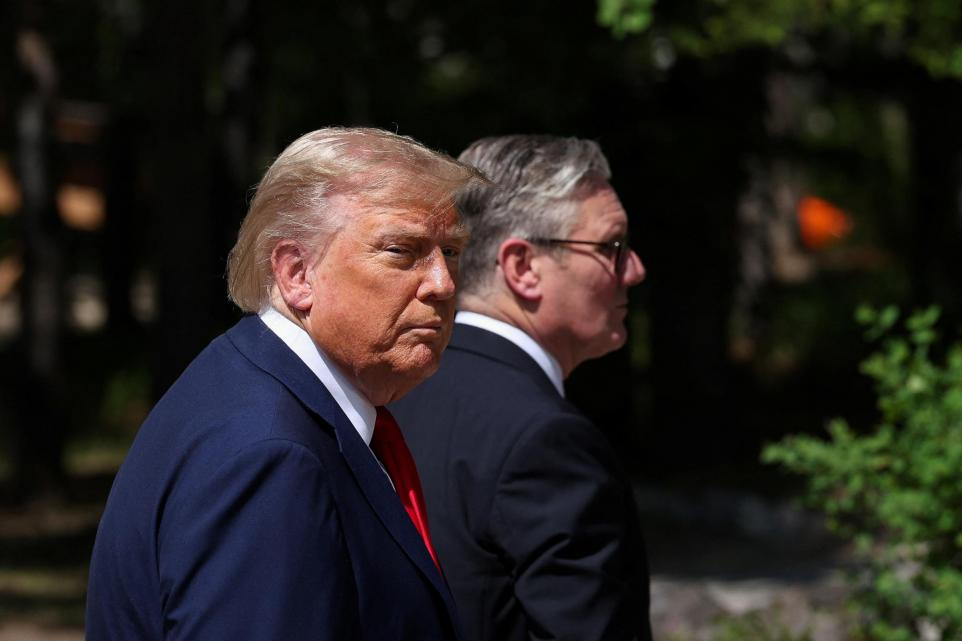
President Donald Trump departed the G7 summit in Canada ahead of schedule, citing urgent matters requiring his attention as tensions between Israel and Iran continue to escalate. His early departure came as world leaders worked to address the developing Middle East crisis.
Following his departure, Trump posted on his Truth Social platform regarding Iran’s Supreme Leader Ayatollah Ali Khamenei, stating that the United States knows his location and describing him as an “easy target.” However, Trump clarified that the US was “not going to take him out (kill!), at least not for now,” while expressing concerns about missiles being fired at civilians and American soldiers.
The president also wrote “UNCONDITIONAL SURRENDER!” on the platform and claimed the US had “complete and total control of the skies over Iran.” Additionally, he urged Iranian citizens to evacuate from Tehran, which led to speculation about potential American military involvement.
British Prime Minister Sir Keir Starmer, who remained at the G7 conference in Kananaskis, addressed questions about potential US involvement in the conflict. Starmer told reporters that nothing Trump had said suggested imminent American intervention, emphasizing that the G7 statement focused on de-escalation rather than military action.
The G7 leaders stated Trump’s departure reaffirmed their “commitment to peace and stability,” though they stopped short of explicitly calling for a truce between Israel and Iran. Starmer described the wording as faithfully reflecting the discussions among allied nations.
When asked about Britain’s position regarding potential US action against Iran’s nuclear program, Starmer expressed deep concern about Iran’s nuclear capabilities while maintaining that he does not want Iran to acquire nuclear weapons. He emphasized that the primary focus should remain on de-escalation across the region rather than escalation.
In London, Defence Secretary John Healey characterized Trump as “leading the calls” for a diplomatic solution to the Iran-Israel conflict, stating that the US president was advocating for Iran to negotiate a deal.
Trump later made additional comments suggesting he was not interested in merely a ceasefire but wanted to end the conflict entirely. He also criticized French President Emmanuel Macron, who had told French media that Trump was leaving early to negotiate a ceasefire.
The summit did not produce a joint communique, as leaders faced challenges finding consensus on various issues, including Ukraine policy and sanctions against Russia. Instead, Canadian Prime Minister Mark Carney, who hosted the summit, issued a “chair’s summary” highlighting the G7’s continued role as a platform for addressing peace and security issues.
Canada announced additional sanctions on Russia and pledged 2 billion Canadian dollars in aid to Ukraine. The UK also implemented new sanctions against Russia on Tuesday.
During the summit, Prime Minister Starmer held bilateral meetings with leaders from Ukraine, Australia, and South Korea. He and Ukrainian President Volodymyr Zelensky agreed to schedule the next meeting of the “coalition of the willing”—a Britain- and France-led initiative to send peacekeeping troops to support Ukraine—in the coming weeks.
Starmer also met with newly elected South Korean President Lee Jae-myung, where both leaders committed to completing an upgrade to the existing free trade agreement between their countries as soon as possible.


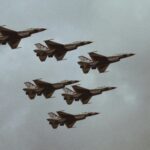


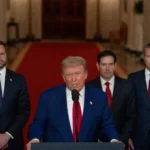

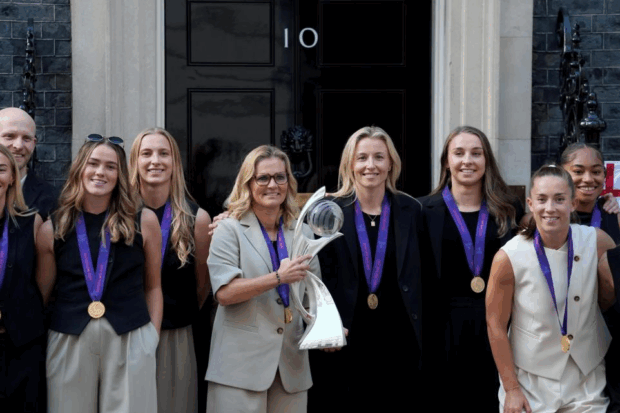


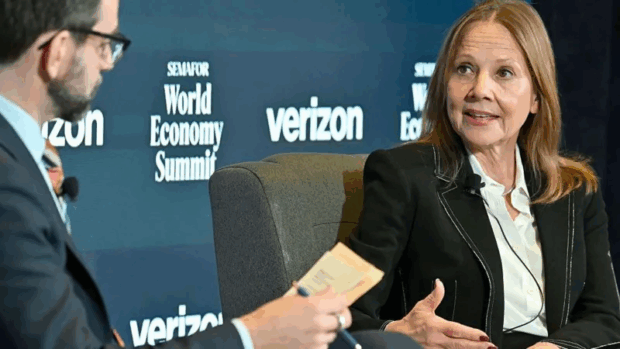
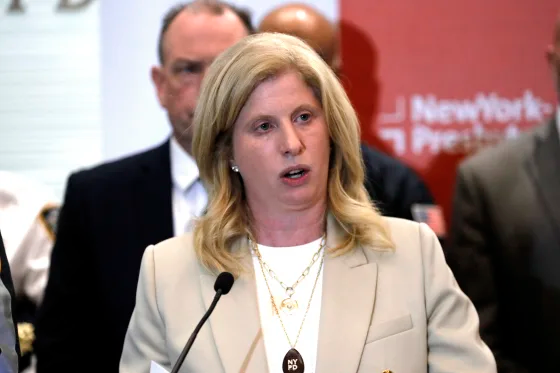





Be the first to leave a comment